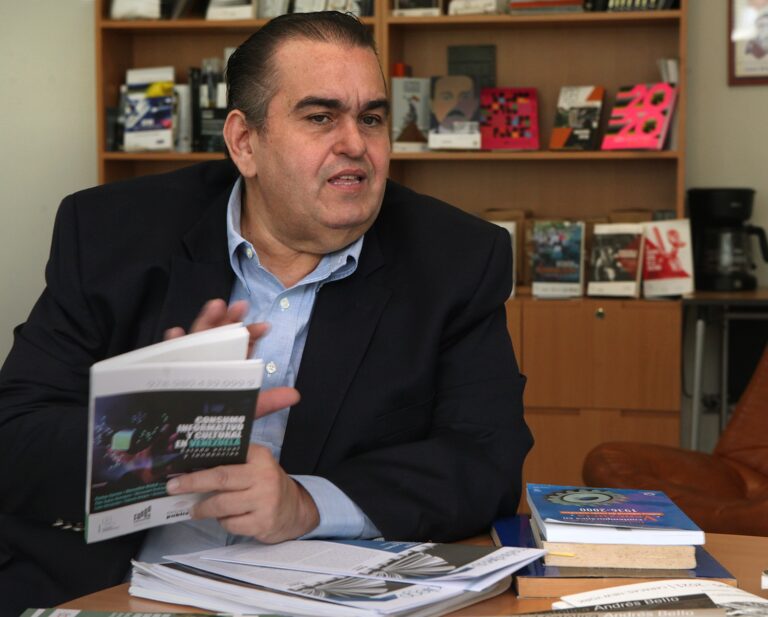During Chávez’ 14-year period in power, his government has elaborated a sophisticated and aggressive model to control independent media.
(WAN-IFRA/IFEX) – On 7 October 2012, Venezuelans will decide on whether to re-elect President Hugo Chávez or to allow opposition candidate Henrique Capriles to accede to the country’s supreme function. The campaign period will be one of uncertainty; Capriles has successfully united opposition for the first time in 13 years and become a tough contender for Chávez, whose decreasing public appearances after being diagnosed with cancer a year ago have raised many doubts on his ability to run the campaign and serve a 4th term.
“The nearer we get to the elections, the more the media risks coming under attack,” warned Miguel Henrique Otero, publisher of daily newspaper El Nacional, in a meeting with a WAN-IFRA delegation in Caracas on 4 June.
During Chávez’ 14-year period in power, his government has elaborated a sophisticated and aggressive model to control independent media. Through physical attacks against media professionals, judicial harassment of media companies and journalists, restrictive legislation, unequal attribution of official advertising and a large state-media apparatus that is used to discredit and intimidate the media that does not fall under its auspices, the Venezuelan government has managed to effectively silence the most influential critical voices while maintaining an appearance of media pluralism.


